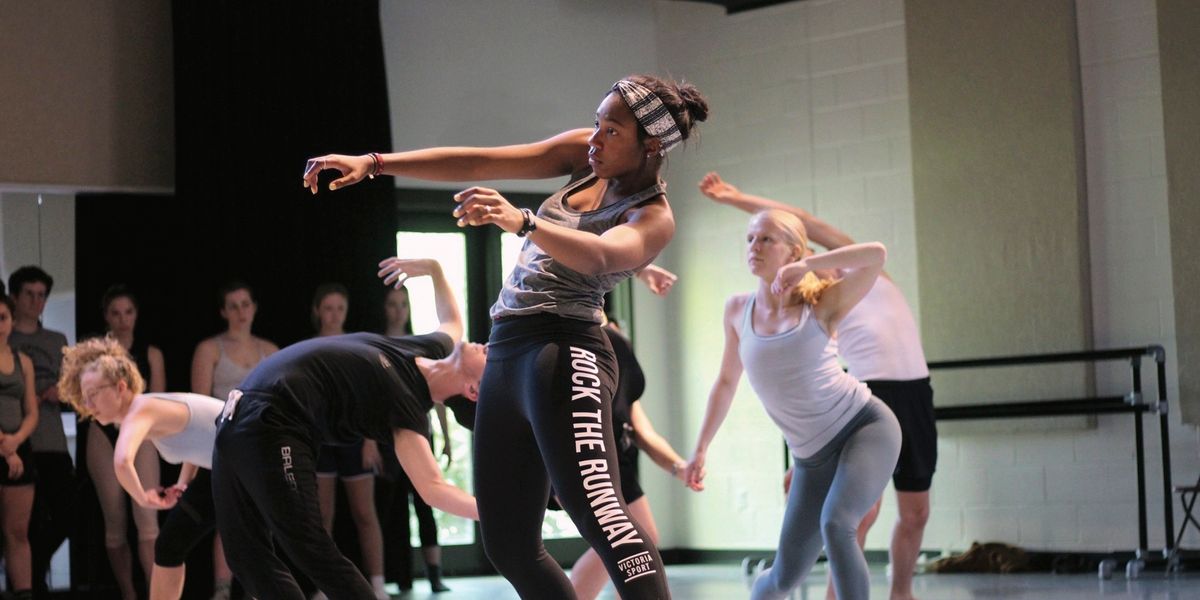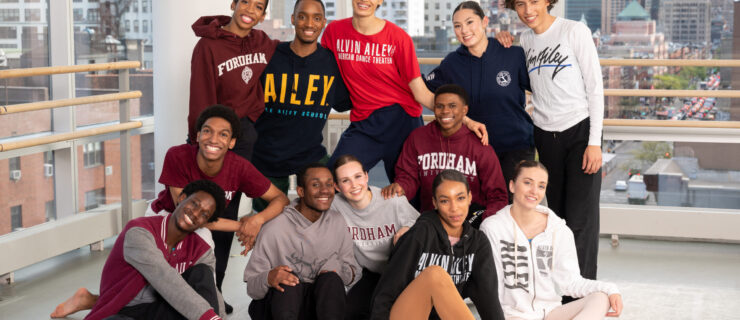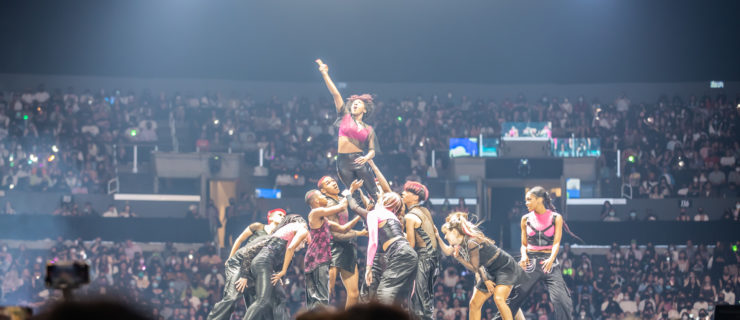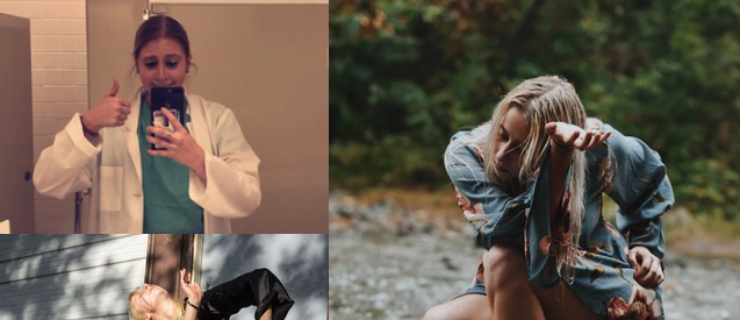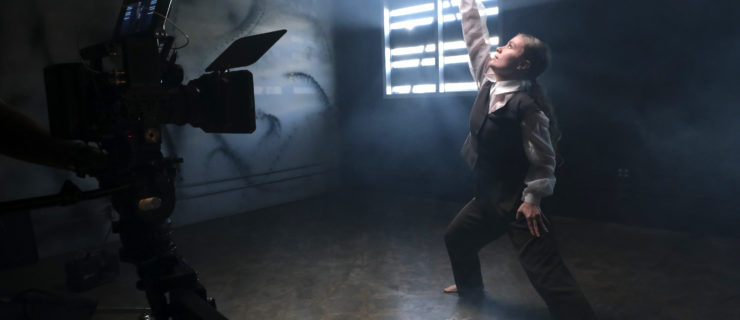How to Build Your Professional Resumé in College
A college education offers a massive amount of opportunity—not only to further your dance training, but also to prepare for a successful career post graduation. The experiences you have throughout college, and the connections you make in school, can have a real impact on your job prospects once you enter the professional market. So how can you make the most of the remarkable resources available to you on campus? Here are tips from the experts.
Find the right mentors
In college, you’re training with some of the most gifted artists in the business,
many of whom can offer you advice based on real-life experience. “The opportunity for feedback—which is something that, once you graduate, is not as easy to find—is so important,” says Renay Aumiller, assistant professor of dance at Elon University. “Your instructors can give you excellent advice, and also excellent connections to companies.” That’s especially true if you already have a sense of the city you’d like to dance in after graduating, or a specific dance company you’d love to join—odds are, someone in your dance department knows (or is!) a major player in that city and/or company.
Additionally, some of the best mentoring happens not between teachers and students, but rather peer to peer. When else will you be surrounded by so many talented dancers yearning to expand their creative mindsets by collaborating on unique ideas? Connecting with those around you throughout college will allow you to build a close-knit network that will follow you for years after. “There are dancers I met in college that I know will either be part of my career or part
of my close circle of friends for the rest of my life,” says Christine Shepard, a graduate of Pace University who appeared in two Broadway shows (Head Over Heels and Mean Girls) before even graduating. “Building camaraderie with the people who are going to join the same industry as you is vital.”

Stephanie Troyak and Oleg Stepanov in Pina Bausch’s The Seven Deadly Sins (Franziska Strauss, courtesy Tanztheater Wuppertal Pina Bausch)
Discover your creative voice
Because you’re surrounded by great dancers eager to work on out-of-the-box creative projects, college is the perfect time to build a body of work that not shows not only your skills but also your unique voice and vision. “I did a lot of collaborations with friends where we just helped each other out, which really helped me develop a profile,” says Stephanie Troyak, a graduate of New York University who went on to dance with Batsheva Dance Company and currently performs with Tanztheater Wuppertal Pina Bausch. “Working with your peers is such a gift, because it allows you to discover your voice as a choreographer. By the time I graduated, I had lots of footage of my choreography, and some great projects to put on my resumé.”
Leverage the resources available to you
As an undergrad, you have free access to dance rehearsal spaces—which, as you’ll realize after graduation, is an incredible luxury! Your school likely also has high-grade video cameras, editing software, and other equipment available. Make the most of those resources while you’re on campus. Since production costs and logistics are less of a worry, use this time to think creatively when conceptualizing dance projects and performances.
Have an idea that requires resources not immediately available on campus? That doesn’t mean it isn’t doable, especially if you enlist the help of your professors. “If a dancer or student has an idea and the structure for realizing that idea doesn’t exist yet, we are always more than happy to work with them,” says Andee Scott, associate professor of dance at the University of South Florida. “We help them to figure out ways to manifest their artistic ideas or pedagogical ideas, their choreographic ideas—all of those things.”

Christine Shepard (Taylor Rosenberger, courtesy Shepard)
Make the most of masterclasses
Most colleges offer frequent master classes with experts from the dance world—and those classes can end up leading to professional opportunities. In fact, that’s how
Shepard ended up making her Broadway debut: She met the choreographer for her first Broadway show in a master class at Pace. Reflecting on that experience, she recommends “showing genuine energy” in every master class, so that the choreographer can see your engagement with their material.
You don’t necessarily have to wait for your department to arrange a master class with your dream choreographer, either: At many schools, you can take the lead yourself. “USF students have the ability to set up master classes and open up events,” Scott says. “It’s a wonderful interaction and engagement with communities outside of their current dance circle.”
Explore non-dance avenues
However rich your dance department’s offerings, don’t forget to pursue your other academic passions while on campus. Perhaps you have an interest in women’s studies, or a fascination with science. Expanding those parts of your mind through various college courses and projects will allow you to diversify your perspective not only as a dancer, but also as a human being. “Do as much as you can and try as much as you can so you get a taste of exactly what you like and don’t like,” says Shepard.
